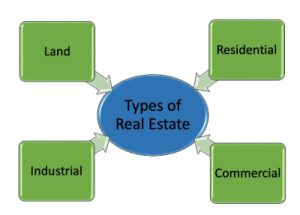
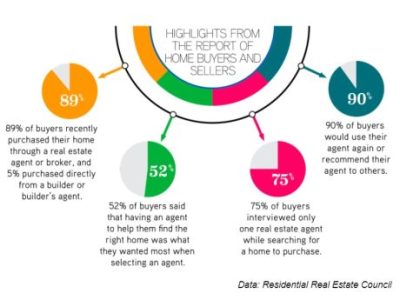
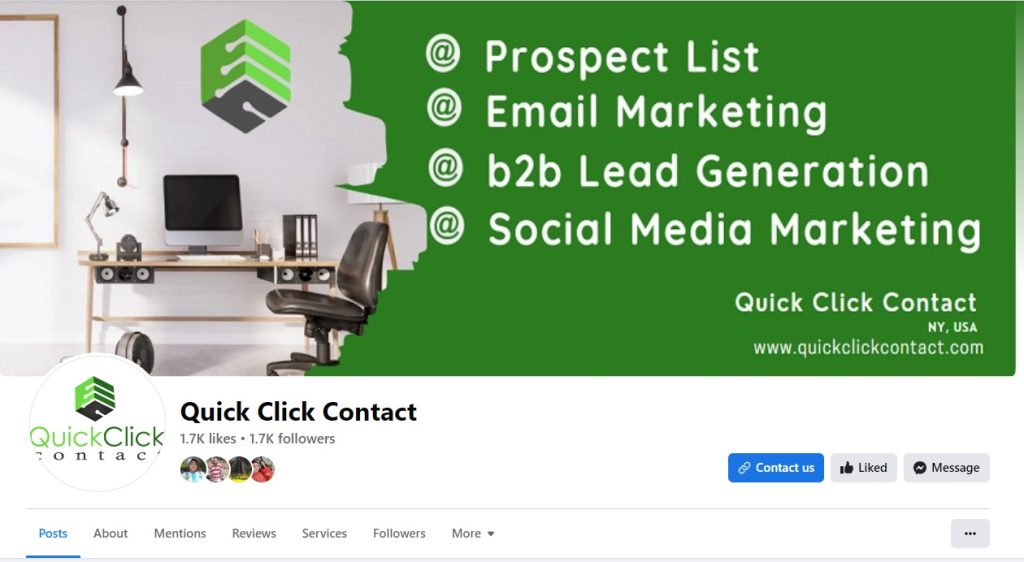
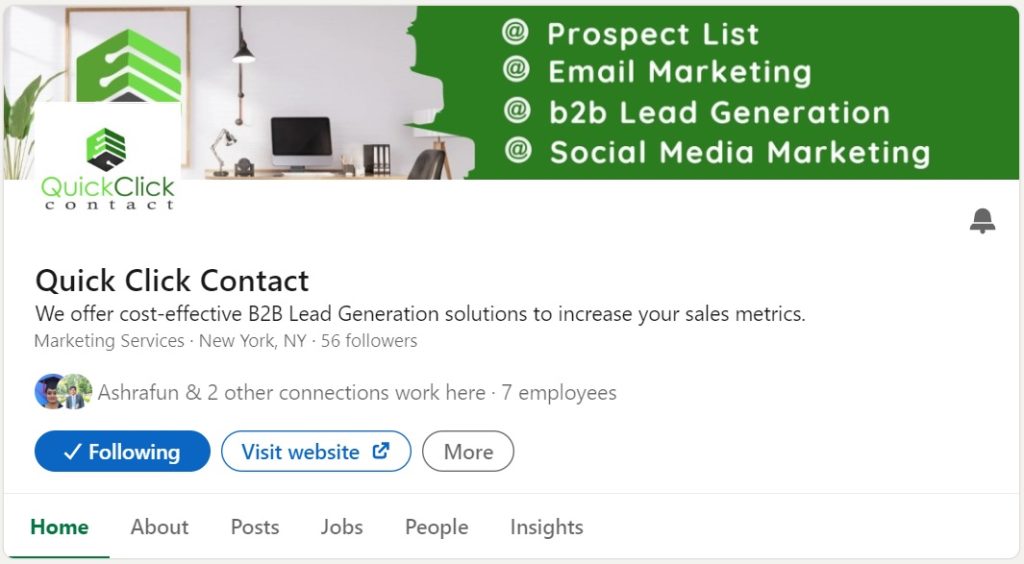
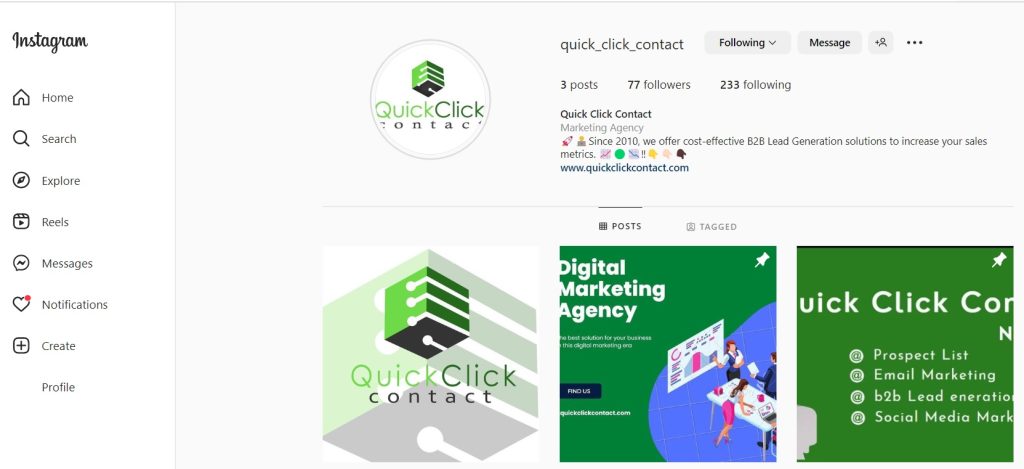

One of the best ways to use cold calling for lead generation is to create a targeted list of potential leads from your website, social media, or other sources such as past clients or open house sign-ins. This list should include information such as the potential lead’s name, phone number, and the type of property they are interested in buying or selling. Real estate lead generation services can also provide these lists.
Once you have your list of leads, it’s time to start making calls. When making a cold call, it’s important to keep a few key things in mind. First, make sure to introduce yourself and explain your purpose for calling. Be friendly and professional, and make sure to ask if they’re interested in buying or selling a property. If they are, ask if they would like to schedule a call or meeting to discuss their needs further.
Another effective strategy is to use cold calling to stay in touch with past clients. This can help you stay top-of-mind with your past clients, and increase the chances that they will refer you to their friends and family when they are looking to buy or sell a home. Real estate lead generation services can also assist in this process by providing targeted lists of past clients.
It’s also essential to keep track of the leads you’ve contacted and the results of each call. This allows you to see which leads are most likely to convert and adjust your strategy accordingly, real estate lead generation services can also provide helpful tools for this.
While cold calling can be a time-consuming and sometimes frustrating process, it can also be an effective way to generate leads and build relationships with potential clients. With the right approach and a targeted list of leads, you can make the most of your cold-calling efforts and take your real estate business to the next level. Real estate lead generation services can also help to streamline this process.
In conclusion, cold calling may not be the easiest or most comfortable way of lead generation, but it is a strategy that can pay off in the long run. By being strategic and persistent, real estate agents can make the most of their cold-calling efforts, generate leads, build relationships, and ultimately grow their business with the help of real estate lead generation services.